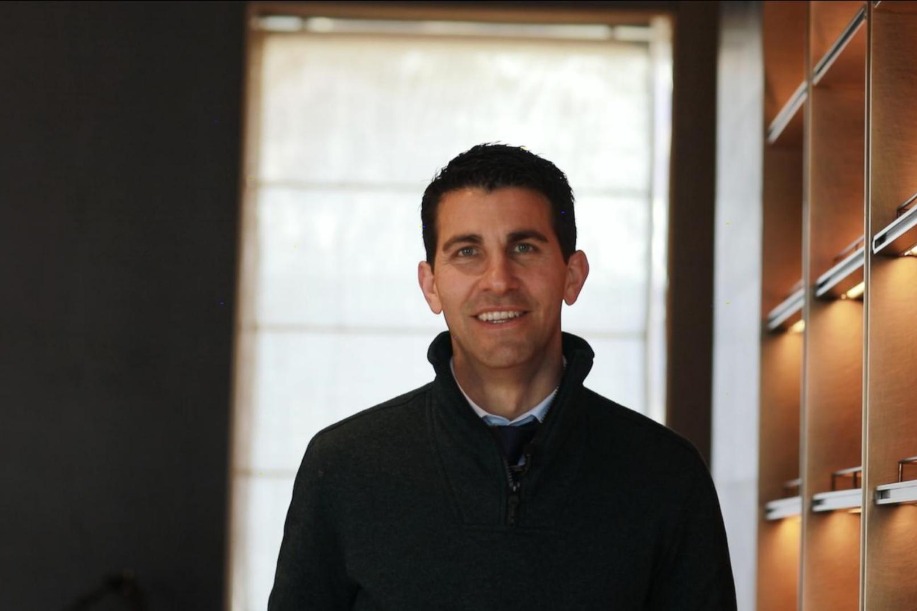Is Twitter okay with lies about Nanjing?

Sunday marked the 7th National Memorial Day for the more than 300,000 victims of the Nanjing Massacre committed by the Imperial Japanese Army in 1937. Across China, sirens were sounded and people bowed their heads as a mark of respect for the victims of the Nanjing Massacre.
However, Twitter blocked a video giving information about the massacre in English that a user had posted and others retweeted, saying it "contained bloody scenes".
The Chinese Academy of History said on its micro blog that the video created awareness about the atrocities committed by the Japanese forces on the Chinese people so that everybody learns a lesson from the past. That is fundamentally different from those posting violent videos to incite more violence.
The International Military Tribunal for the Far East, also known as the Tokyo Trial, indicted Matsui Iwane, who was the commander of the Imperial Japanese Army, and sentenced him to death by hanging for the Nanjing Massacre.
Twitter also blocked another two-minute video and a painting on the Nanjing Massacre by Li Zijian, a Chinese painter based in the United States, for being "sensitive". In contrast, claims made by some right-wing Japanese politicians, including Hiroshi Yamada, that some online information about the Nanjing Massacre were fake, remained endlessly on Twitter.
Twitter finds Chinese accounts telling the truth about the massacre "sensitive" while finding no problem with Japanese right-wing accounts spreading lies. The kind of double standard it is indulging in makes one wonder if "freedom of speech" is the preserve of Western liars.
Today's Top News
- 17 rescued Filipino crew members transferred
- Finnish PM arrives in Beijing for official visit
- Beijing leads Chinese cities in number of registered AI models
- WHO chief says US reasons for withdrawal 'untrue'
- Xi congratulates Yoweri Museveni on re-election as president of Uganda
- Senior military officials under investigation






























